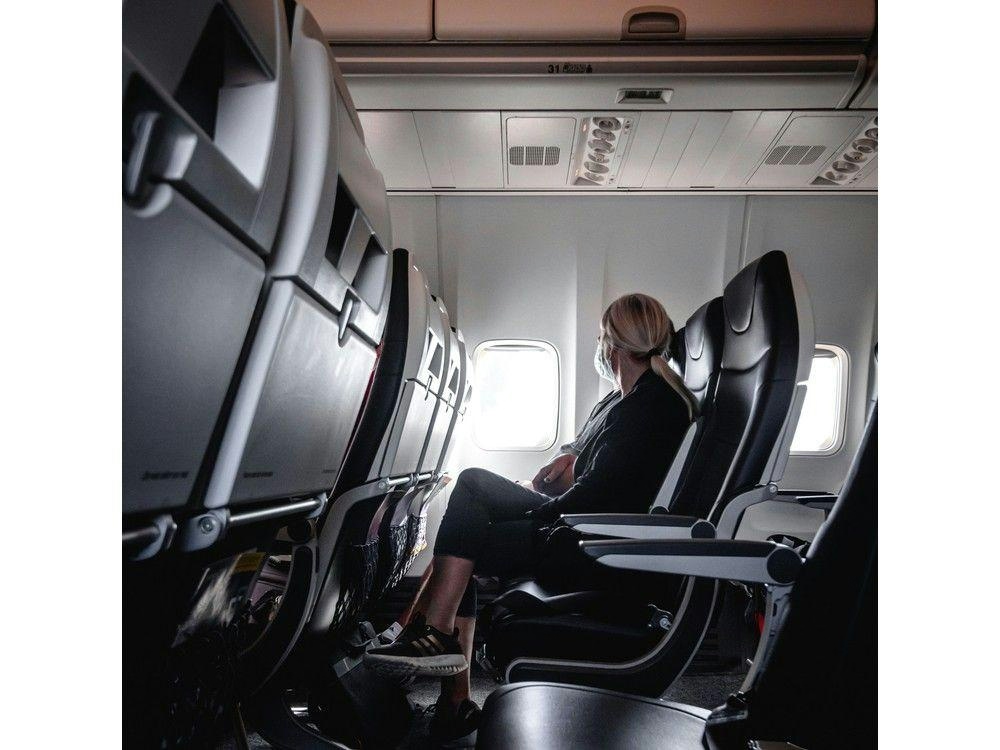
AeroGenie — 您的智能副驾驶。
热门趋势
Categories
Billy Bishop Airport Introduces BETA Technologies’ ALIA Aircraft
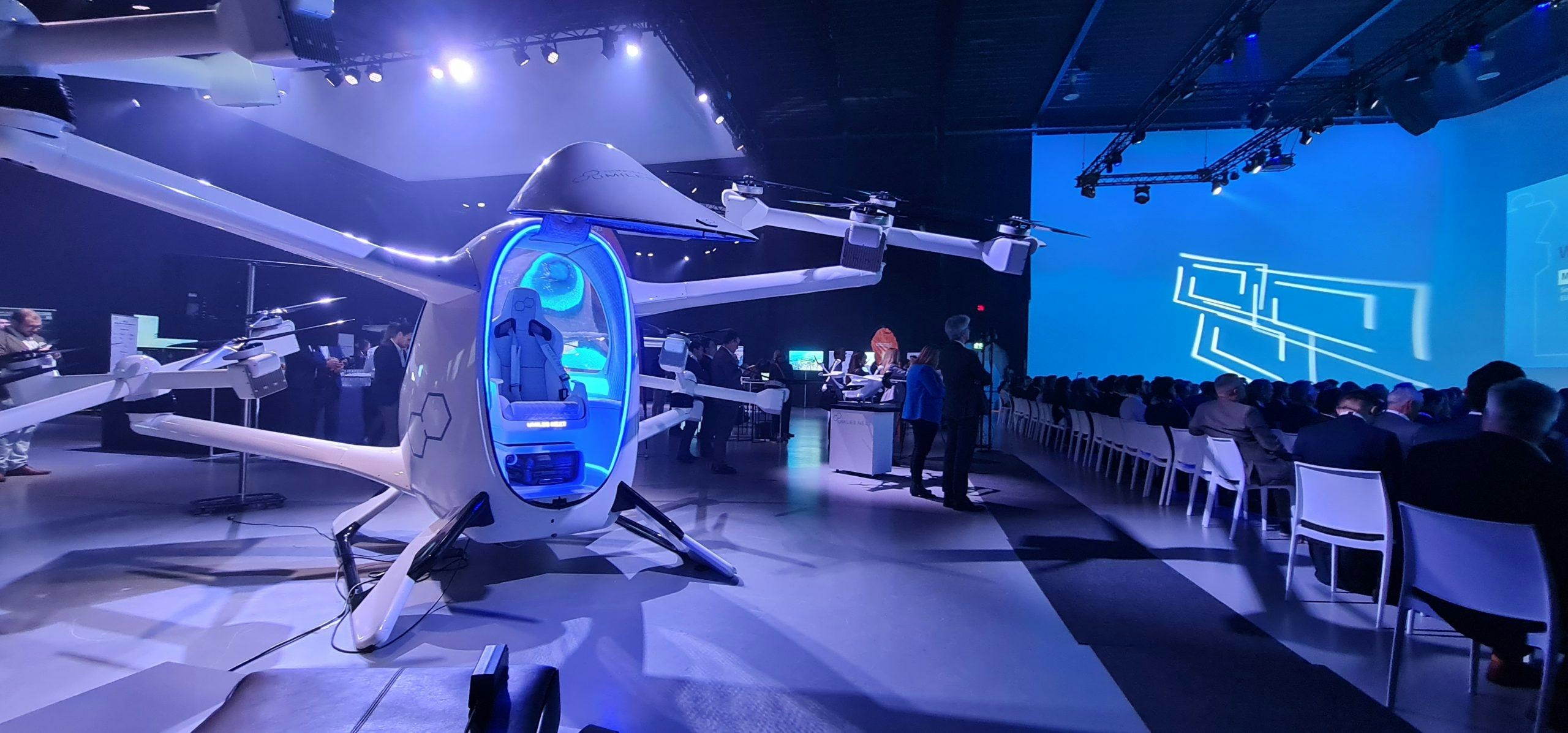
Billy Bishop Airport Advances Sustainable Aviation with BETA Technologies’ ALIA Electric Aircraft
PortsToronto recently hosted a demonstration flight of BETA Technologies’ ALIA CTOL electric aircraft at Billy Bishop Toronto City Airport, marking a significant step toward sustainable air mobility in the region. The event, co-hosted by fixed-base operator Stolport, highlighted Toronto’s increasing readiness to embrace electric aviation and showcased BETA’s integrated approach to both aircraft design and charging infrastructure.
Infrastructure Development and Strategic Partnerships
During the demonstration, Stolport announced the acquisition of a BETA Minicube charger, representing the company’s first sale in Canada. The Minicube is a versatile, mobile charging unit capable of servicing electric aircraft as well as ground vehicles, thereby enhancing operational flexibility for the airport and its partners. This investment aligns with Billy Bishop Airport’s broader commitment to modernizing its facilities and supporting the transition to cleaner aviation technologies.
Serving over two million passengers annually and connecting to more than 100 international destinations, Billy Bishop Toronto City Airport is a vital mobility hub in Ontario. By integrating electric aviation infrastructure, the airport is positioning itself at the forefront of innovation in sustainable air transport. Nevertheless, the introduction of electric aircraft such as the ALIA CTOL presents challenges, including navigating regulatory approval processes, integrating new technologies with existing airport systems, and fostering public acceptance. The airport will need to collaborate closely with regulatory authorities to address evolving certification standards and ensure safe, efficient operations.
Industry Impact and BETA Technologies’ Expanding Footprint
The demonstration has generated positive market reactions, sparking increased interest in electric aviation and potential partnerships with operators like UrbanLink. This development also intensifies competition among electric aircraft manufacturers, including Joby, Archer, and Vertical Aerospace, all of whom are advancing their technologies amid the Federal Aviation Administration’s establishment of new certification pathways and advisory guidelines for electric aircraft.
BETA Technologies, which maintains a structures engineering division in Montreal, has already deployed a network of 52 chargers across the United States. These installations support a range of commercial, military, and medical operations and have been developed in collaboration with airports, fixed-base operators, government agencies, and original equipment manufacturers. The company’s infrastructure aims to make electric aviation accessible to both metropolitan centers and remote communities.
Beyond the ALIA CTOL, BETA is actively developing the ALIA VTOL, a vertical take-off and landing aircraft, at its Vermont facility. The company is accelerating efforts in production, certification, and delivery to meet growing demand. Its expanding customer base includes prominent operators such as UPS, Air New Zealand, Republic Airways, United Therapeutics, Bristow, Helijet, Metro Aviation, and the U.S. Department of Defense, underscoring strong industry adoption of electric aviation solutions.
By investing in electric aviation infrastructure, Billy Bishop Airport not only reinforces Toronto’s position as a global aerospace hub but also establishes a model for sustainable air transport in Canada and internationally.
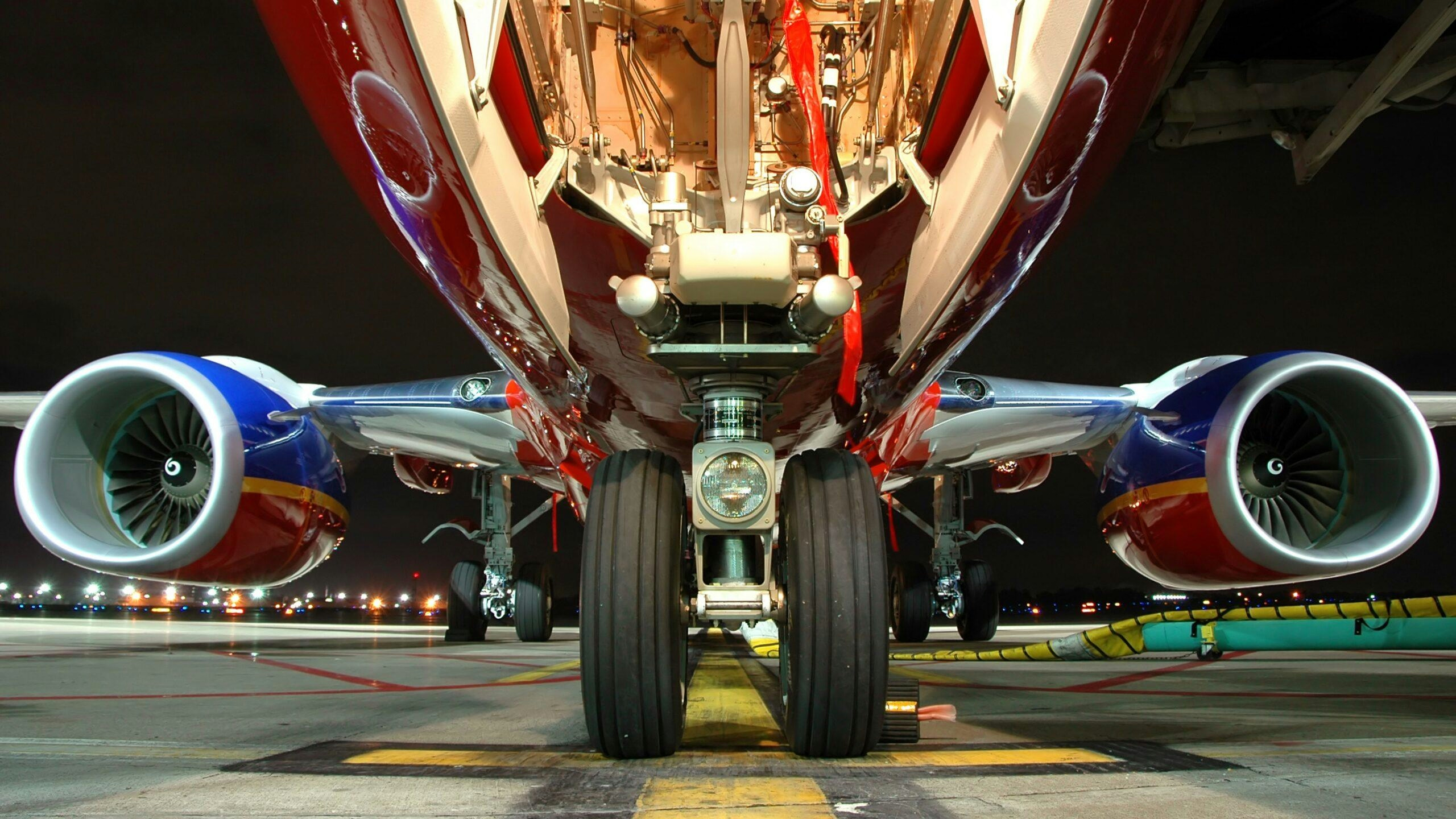
AxioAero Group Acquires Airway Aerospace
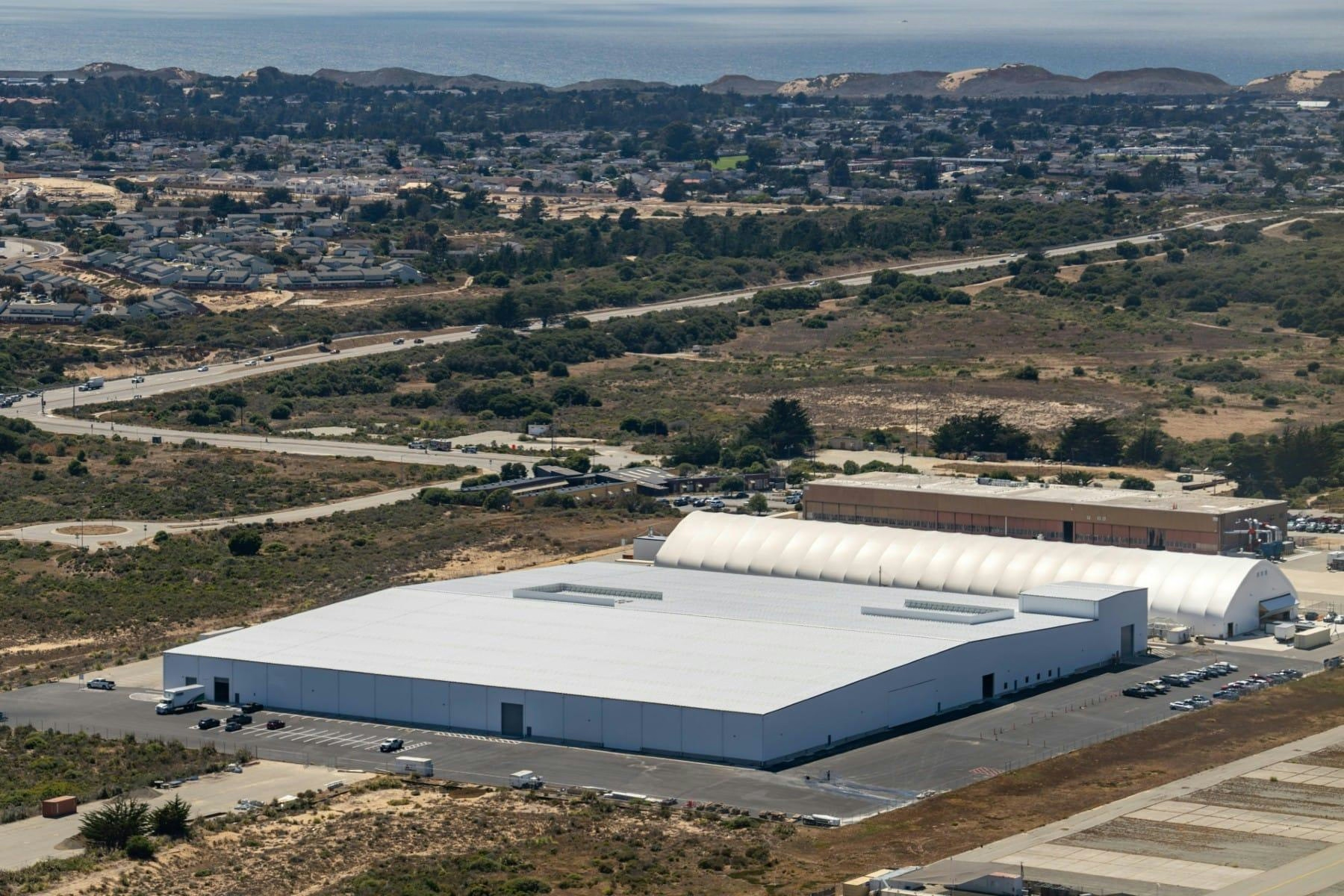
Joby to Train Up to 250 Pilots Annually with New Simulators in Marina
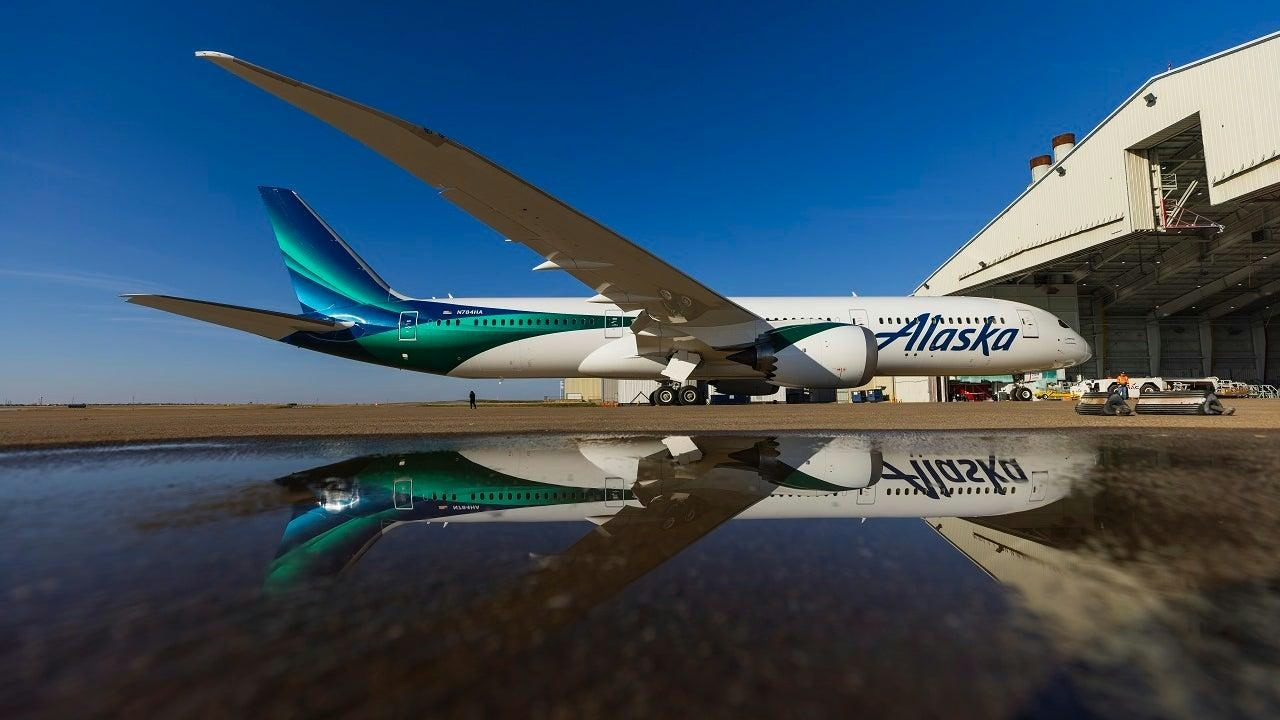
Boeing and Alaska Airlines Confirm Major Aircraft Order
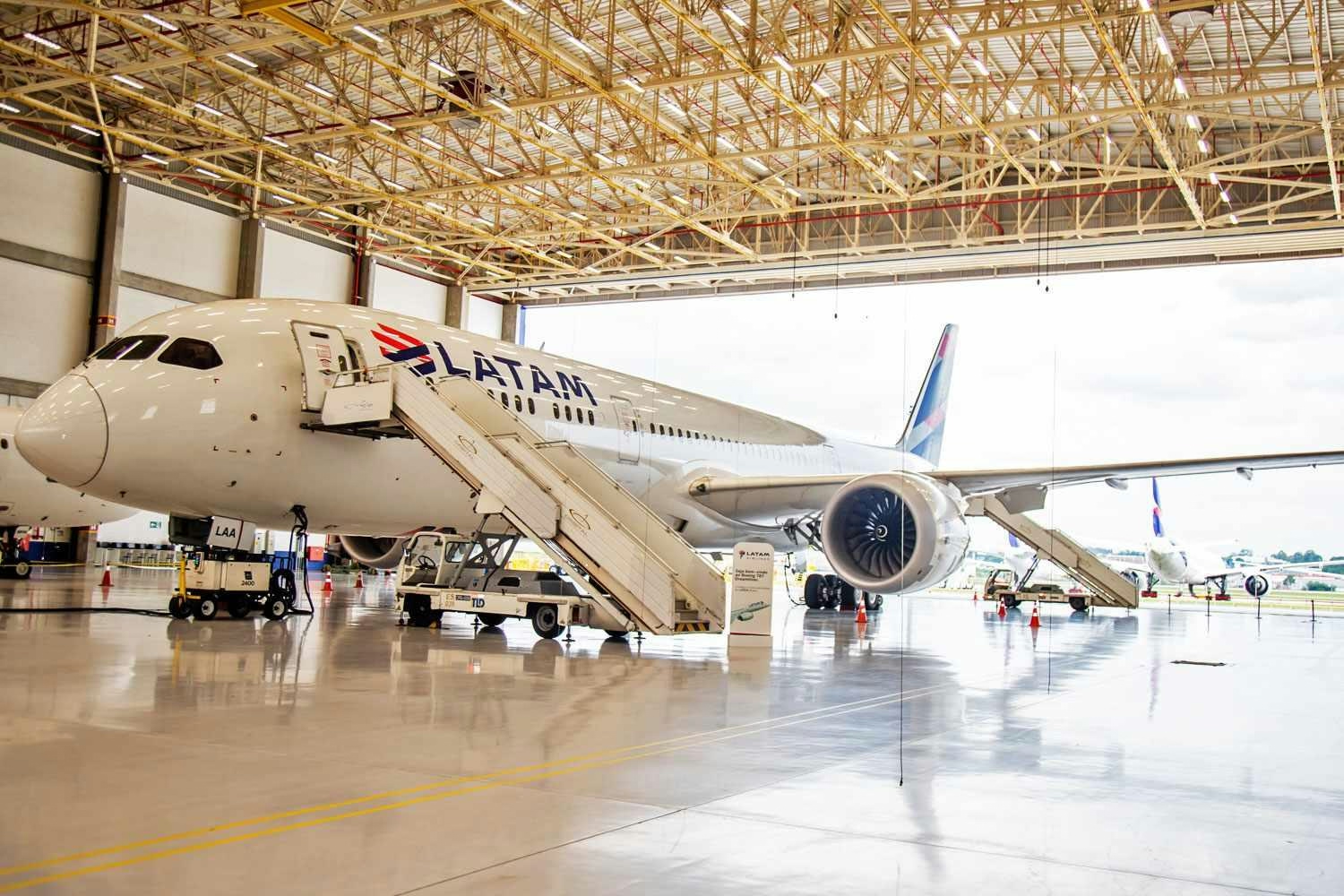
LATAM Receives First Boeing 787-9 Equipped with GEnx Engines
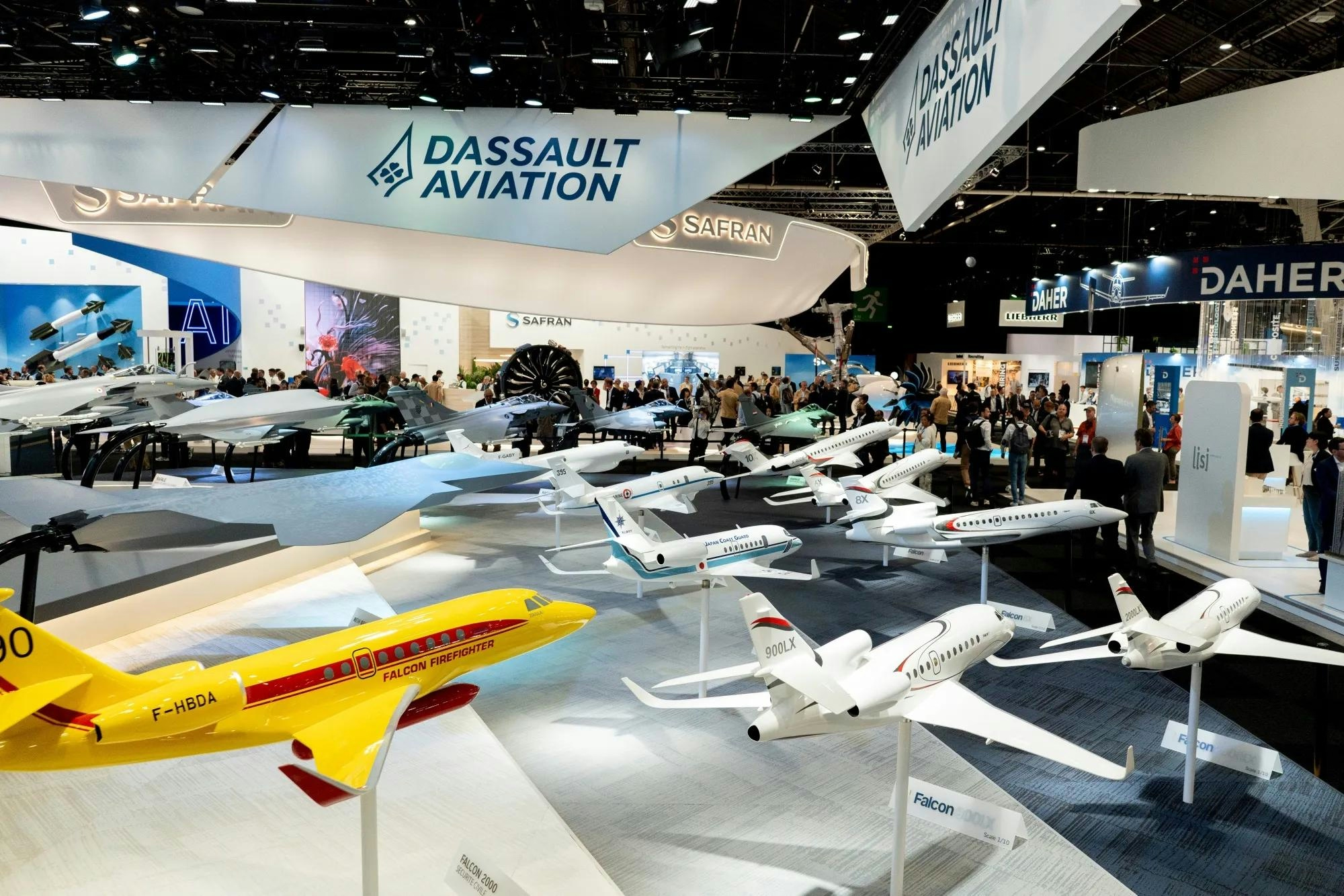
Dassault Aviation Reports Aircraft Deliveries, Orders, Backlog, and Sales Outlook
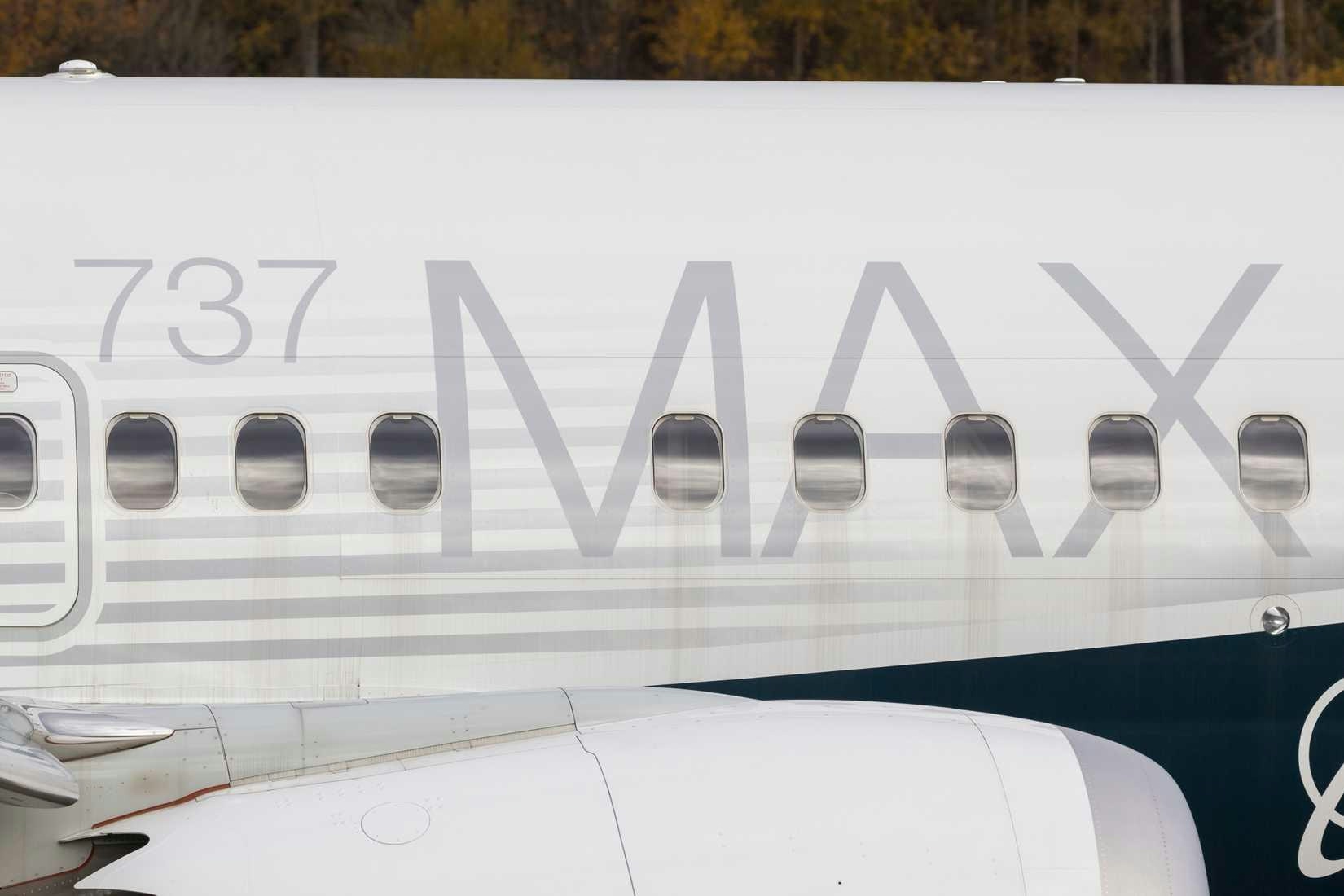
Alaska Airlines Orders 140 Boeing 737-10 and 5 Boeing 787-10 Jets
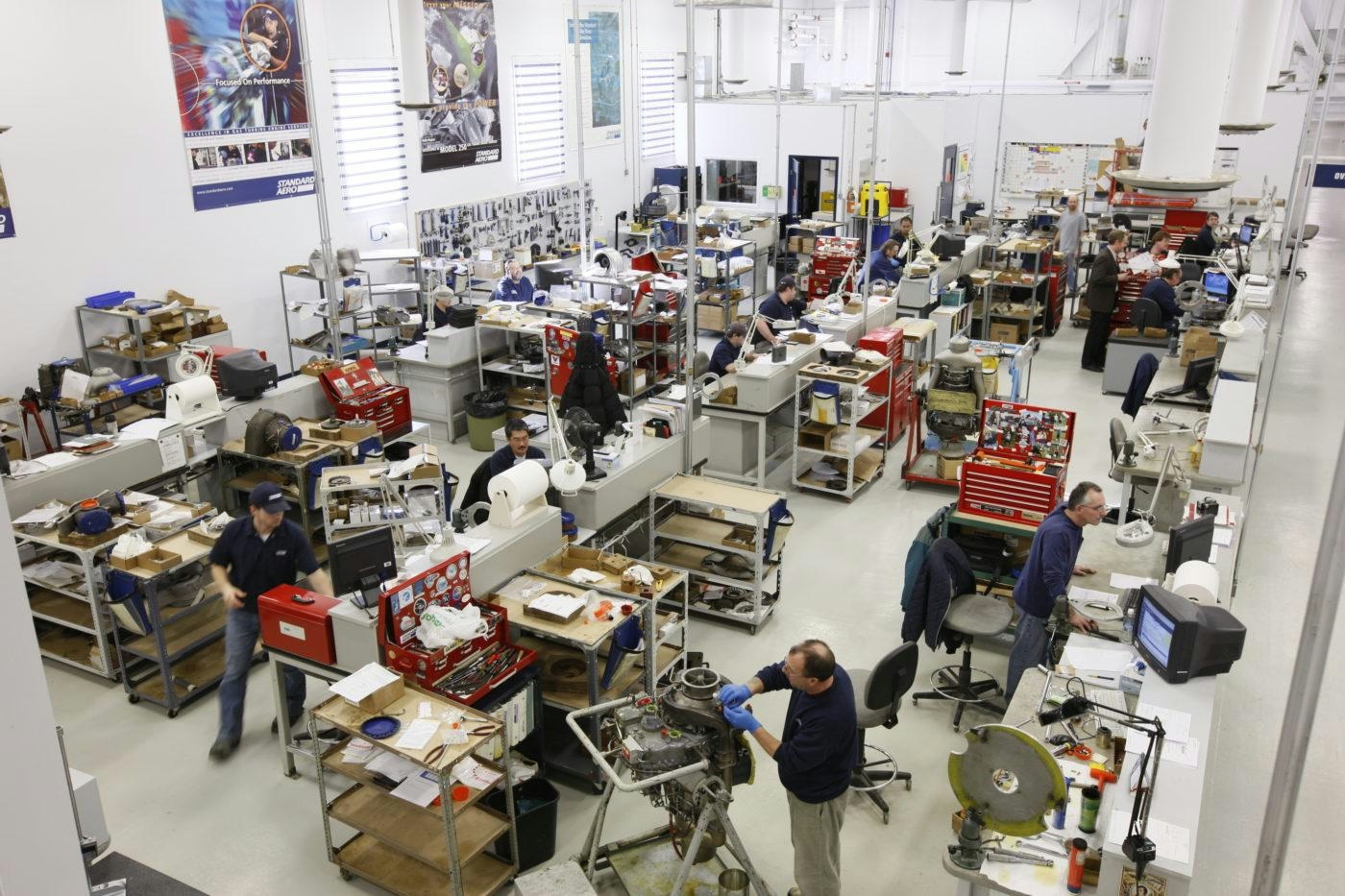
Dine Appointed Vice President of Sales at StandardAero
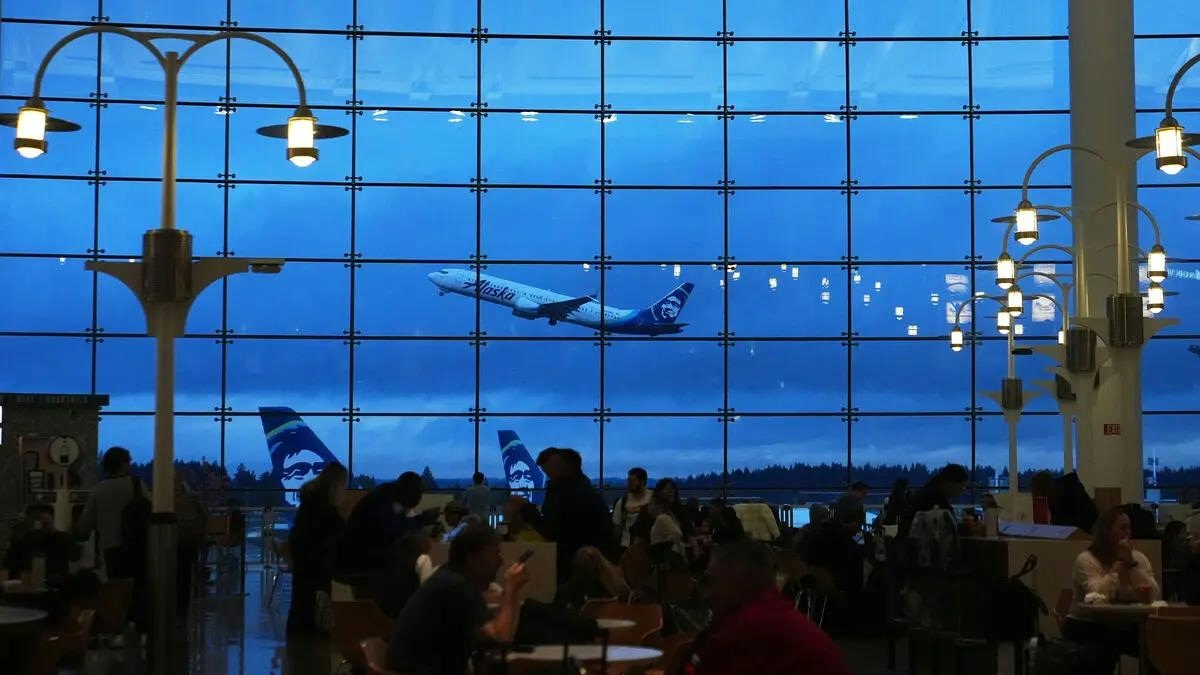
Boeing Shares Rise Following Alaska Airlines’ Record Aircraft Order

Porter Airlines Partners with BeauTech to Upgrade North America’s Fleet
